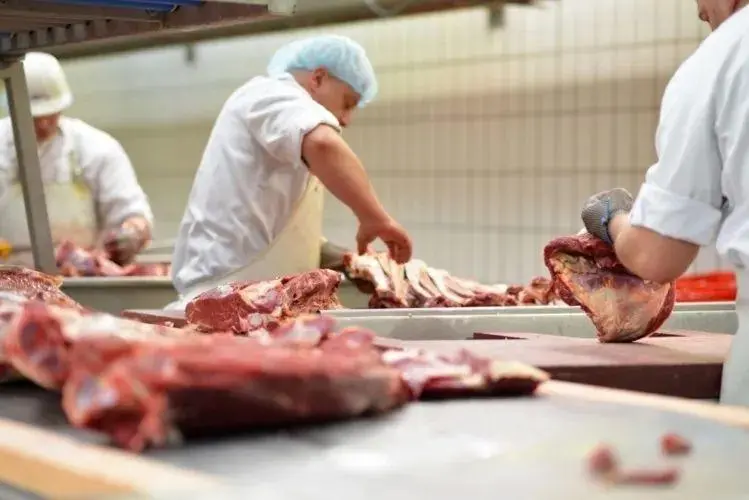
Aug . 13, 2024 21:26 Back to list
Innovative Solutions for Precision Rolling Machinery Production and Efficient Factory Operations
The Evolution and Importance of Rolling Machine Factories
The world of manufacturing has undergone a significant transformation over the past few decades, particularly in the realm of metalworking and fabrication. One of the key players in this transformation is the rolling machine factory, which specializes in the production and innovation of rolling machines. These machines play a crucial role in the metal forming process, enabling the efficient shaping of metal sheets and profiles through rolling, bending, and forming techniques.
The Role of Rolling Machines
Rolling machines are essential in various industries, including automotive, aerospace, construction, and manufacturing. They are used to produce components that require specific shapes, thicknesses, and mechanical properties. Rolling machines primarily serve to reduce the thickness of materials and improve their mechanical strength through various processes such as hot rolling and cold rolling. The versatility of these machines allows them to handle a wide range of materials, including steel, aluminum, copper, and more.
Types of Rolling Machines
Rolling machines come in various types, each designed for specific applications. Some of the most common types include
1. Plate Rolling Machines These machines are used to roll metal plates into cylindrical shapes, creating components such as tanks, pressure vessels, and pipes. 2. Section Rolling Machines These are designed for rolling beams, angles, and other structural components that are crucial in construction and infrastructure projects. 3. Sheet Rolling Machines These machines handle thin sheets of metal, allowing for the production of various products, from appliances to automotive parts.
4. Roll Forming Machines Used to create complex cross-sections, roll forming machines produce elongated shapes that can be further processed into finished goods, commonly used in the construction and automotive industries.
rolling machine factory

Technological Advancements
Over the years, rolling machine factories have embraced technological advancements to enhance efficiency and productivity. The integration of automation and computer numerical control (CNC) technology has revolutionized the way rolling machines operate. CNC-controlled rolling machines allow for precise adjustments, reducing waste and minimizing human error. Additionally, advancements in materials science have led to the development of stronger and lighter alloys, broadening the scope of applications for rolling machines.
Sustainability and Future Trends
As industries become increasingly aware of their environmental impact, rolling machine factories are adapting to promote sustainability. This includes the implementation of energy-efficient technologies and the use of recycled materials in the production process. The focus on reducing carbon footprints and enhancing energy efficiency is likely to shape the future of rolling machine technology.
Moreover, the rise of Industry 4.0—a trend that emphasizes the interconnectivity of machines, data, and processes—will continue to influence rolling machine factories. The use of the Internet of Things (IoT) will allow for real-time monitoring and predictive maintenance, ensuring that machines operate at optimal levels and reducing downtime.
Conclusion
Rolling machine factories are indispensable in the landscape of modern manufacturing. Their ability to produce high-quality rolled products with precision and efficiency has cemented their position as a cornerstone of various industries. As technology advances and sustainability becomes a priority, rolling machine factories will undoubtedly continue to evolve, ensuring they remain at the forefront of innovation in the manufacturing sector. The future looks promising, with endless possibilities for enhancing the capabilities of rolling machines, ultimately contributing to a more efficient and sustainable industrial landscape.